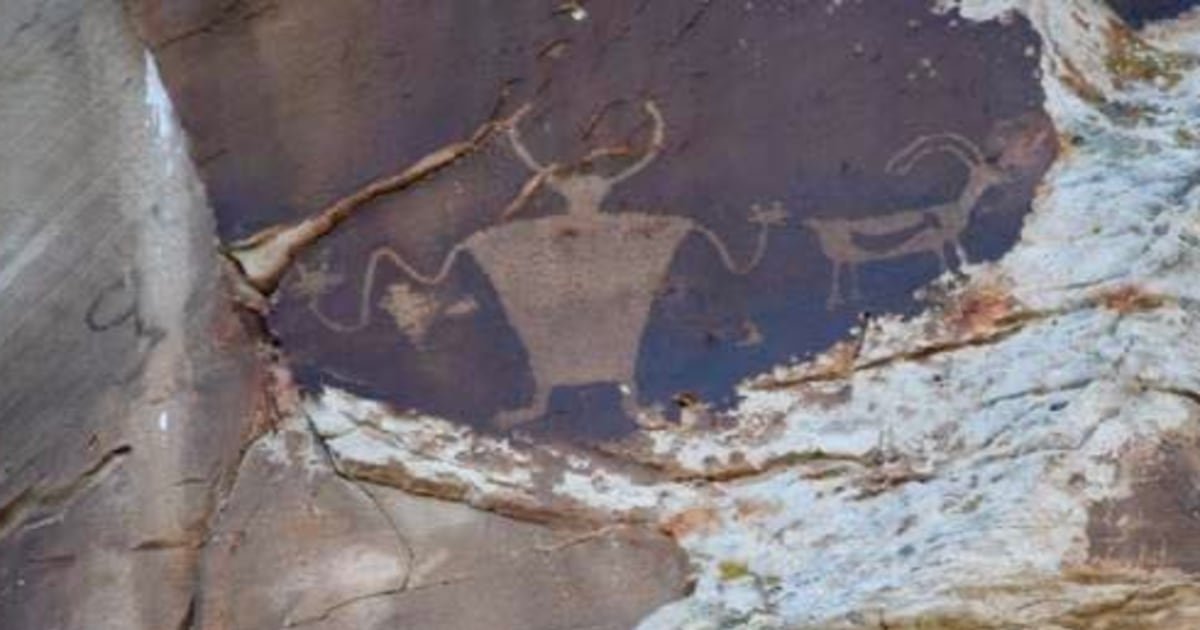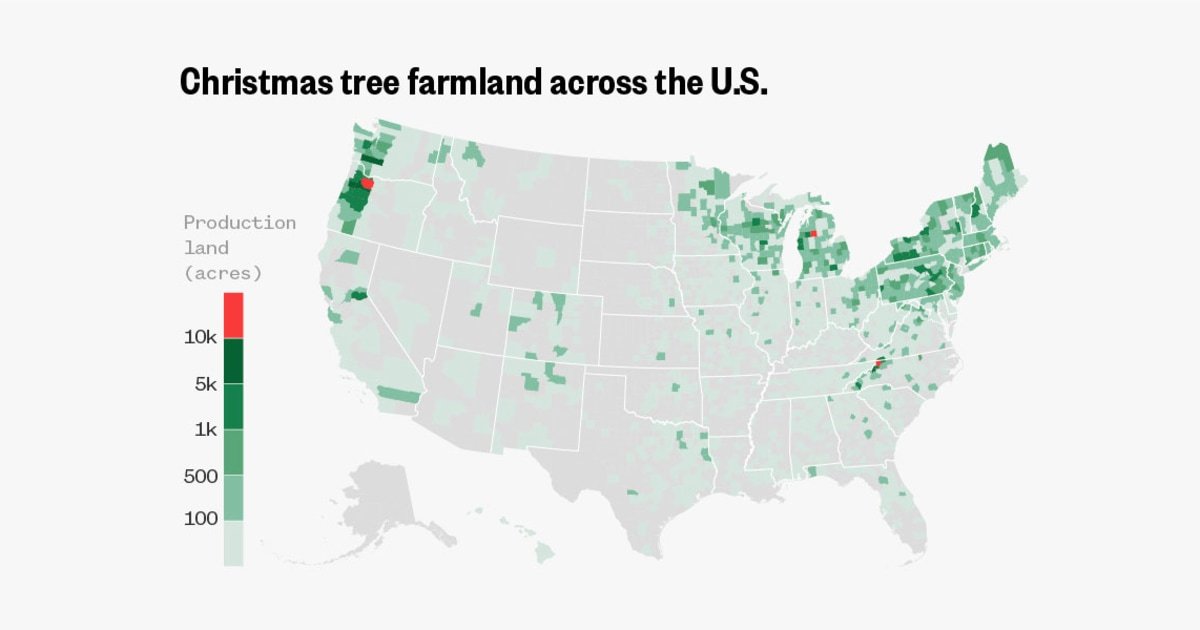Authorities said this week they want to find anyone involved in installing climbing bolts at the site of an ancient outdoor engraving in northeastern Utah.
Climbing bolts, also known as anchors, were discovered Nov. 10 at the Pregnant Sheep Petroglyph Panel site on federal land in the northeast corner of the state, the Uintah County Sheriff’s Office said.
On Thursday, the sheriff’s office and the U.S. Bureau of Land Management asked for the public’s help in locating anyone involved in bolting near the Musket Shot Springs overlook off Highway 40, which is about 11 miles from Dinosaur National Monument in neighboring Colorado.
In a statement on Facebook, the office called the act vandalism.
The sheriff’s office characterized the installation as taking place on the petroglyph panel. Sheriff’s officials did not immediately respond to a request for more information.
Information on the specific panel was not immediately available.
Items associated with similar engravings in Wayne County, Utah, in the southern third of the state, have been radiocarbon dated by geomorphologist Joel Pederson of Colorado State University to 1100 AD, according to the Natural History Museum of Utah.
The museum quotes collaborator Steven Simms, an anthropologist at Utah State University, as stating that some of the state’s petroglyphs represent “persistence, reframing, and integration of art, iconography, and ideology among peoples.”
Autumn Gillard, cultural resources manager for the Paiute Indian Tribe of Utah, told Salt Lake City’s NBC affiliate KSL that installing bolts at a petroglyph site is “disrespectful” to the state’s indigenous people because The engravings are sacred to many.
“For us as a tribal people, these are our churches,” he told the station earlier this month. “When people come in and destroy panels, or vandalize cultural sites, we correlate it to the same thing as if someone walked into a temple or a religious space and wrote graffiti everywhere or wrote their name everywhere. over it.”
The search for the bolt installer comes as climbing advocacy group Access Fund celebrated a victory in December for legislation called Protecting America’s Rock Climbing, passed by Congress as part of the Rock Climbing Act. expansion of outdoor recreation experiences on public lands.
The bill, in part, “clarifies that climbing and the placement, use and maintenance of fixed anchors (including bolts, pins and slings) are appropriate, and not prohibited, within wilderness areas,” the nonprofit group said. profit in a statement on December 19.
The Access Fund said the National Park Service this month rejected a proposal that would have banned fixed anchors on federal lands.
On Dec. 2, the Kane County Sheriff’s Office in Utah said two people wanted for questioning over the alleged alteration of a petroglyph near Wire Pass, known for its photogenic rock formations, were located and contacted.
Bureau of Land Management District Manager Harry Barber told KSL that a woman was arrested and could face multiple felony charges related to the incident. Barber said in a video update on Facebook that the woman allegedly wrote her name “and/or other things” on the petroglyph.
It was unclear if the woman has an attorney and the status of the case was not available. The Utah federal public defender’s office did not immediately respond to a request for comment Saturday evening.
In Uintah County, about 500 miles northeast of Wire Pass, sheriff’s officials indicated that any leads that emerged in their search for the lock installer would be forwarded to federal agents.
“BLM authorities are asking the public to report any information they may have that identifies the individuals responsible for this incident,” the sheriff’s office said in its statement Thursday.








